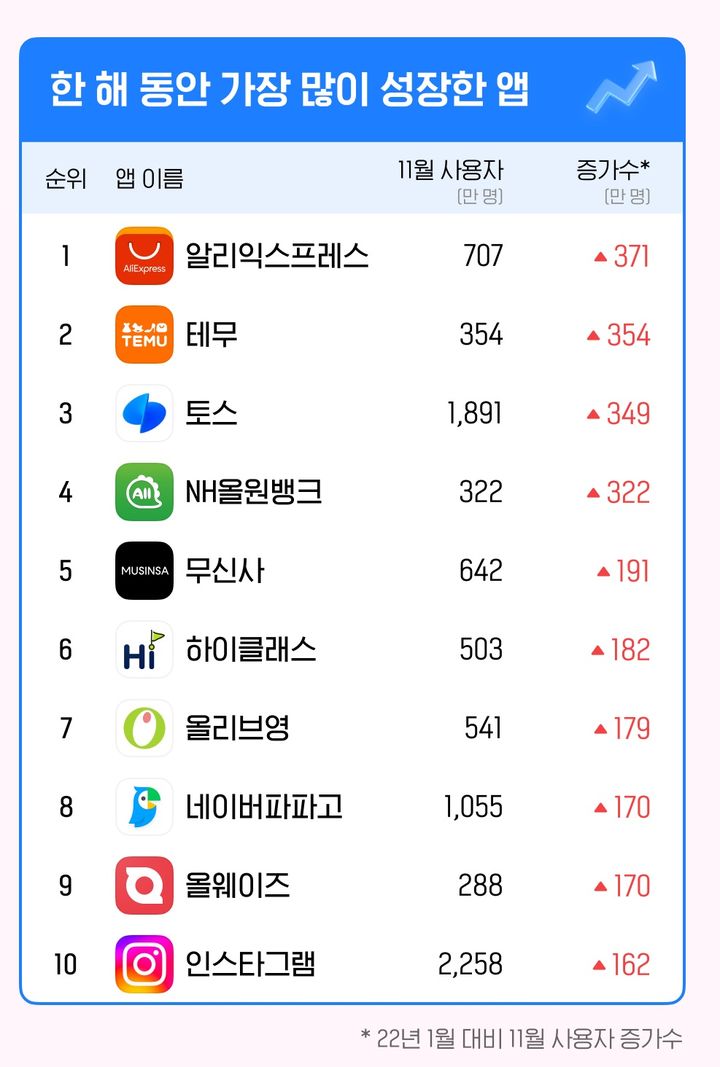Physical Address
304 North Cardinal St.
Dorchester Center, MA 02124
Physical Address
304 North Cardinal St.
Dorchester Center, MA 02124

The Platform Competition Promotion Act, proposed in South Korea, is a response to the growing concerns surrounding the dominance of certain platform operators and their potential anti-competitive practices. The cause behind the enactment of this legislation can be attributed to several key factors:
1.
The rapid growth of digital platforms has led to the emergence of dominant players that hold significant market power. This has raised concerns about unfair practices, such as preferential treatment and tying arrangements, which can stifle competition and hinder the growth of smaller businesses and startups.
2.
The increasing influence of dominant platform operators has raised concerns about the impact on consumer choice and welfare. There have been instances of self-preferencing, where platforms prioritize their own products or services over those of competitors, potentially limiting consumer options and hindering innovation.
3.
The rise of digital platforms and their impact on various industries have prompted regulatory actions in other countries. Regulatory efforts in jurisdictions like the European Union and the United States have influenced the discourse around platform competition and anti-competitive practices, leading to calls for similar measures in South Korea.
4.
The dominance of foreign tech giants in the South Korean market has raised concerns about unfair competition and potential harm to domestic businesses. The Platform Competition Promotion Act aims to address these concerns by identifying and regulating dominant platform operators, thereby protecting the interests of local businesses and fostering a more level playing field.
5.
The concentration of market power in the hands of a few dominant platform operators can hinder innovation and limit the diversity of products and services available to consumers. By promoting fair competition and preventing anti-competitive practices, the legislation aims to create an environment that encourages innovation, fosters market diversity, and supports the growth of startups and smaller businesses.
6.
The growing public awareness and concern about the influence of digital platforms, coupled with political will to address these issues, have played a significant role in driving the enactment of the Platform Competition Promotion Act. The legislation reflects the government’s commitment to promoting fair competition, protecting consumer interests, and ensuring a level playing field for businesses in the digital economy.
In summary, the cause behind the enactment of the Platform Competition Promotion Act in South Korea can be attributed to concerns about inequality, lack of fair competition, consumer protection, global regulatory trends, the need to protect domestic businesses, and the desire to foster innovation and market diversity. These factors have led to the recognition of the need for regulatory measures to address the challenges posed by dominant platform operators and their potential anti-competitive practices.
The enactment of the Platform Competition Promotion Act in South Korea is expected to have significant effects on various stakeholders and the business landscape. The legislation aims to address concerns surrounding the dominance of certain platform operators and their potential anti-competitive practices. The effect of this act can be observed in several key areas:
1.
The Platform Competition Promotion Act seeks to promote fair competition by prohibiting anti-competitive practices and leveling the playing field for businesses. This effect is expected to create a more competitive environment, fostering innovation and diversity in the market. Smaller businesses and startups may have increased opportunities to grow and compete with dominant platform operators.
2.
The act aims to protect domestic businesses from unfair practices by foreign tech giants. By identifying and regulating dominant platform operators, the legislation aims to prevent the abuse of market power and ensure a more balanced and fair business environment. This effect is expected to support the growth and sustainability of local businesses.
3.
The Platform Competition Promotion Act aims to protect consumer interests by prohibiting practices such as self-preferencing and tying arrangements. This effect is expected to enhance consumer choice, as platforms will be encouraged to offer a wider range of products and services. Additionally, the act aims to protect consumers from potential harm caused by anti-competitive practices.
4.
The designation of dominant platform operators under the act may pose challenges for global tech giants operating in South Korea. These companies may face restrictions on their ability to engage in anti-competitive practices, potentially impacting their market dominance. As a result, they may need to reassess their business strategies and adapt to the new regulatory environment.
5.
The application of the Platform Competition Promotion Act to foreign platforms, particularly those from the United States, may have implications for international trade and relations. If perceived as unfairly targeting foreign companies, it could lead to trade frictions and strained diplomatic relations. This effect highlights the potential impact of the act on broader economic and political dynamics.
6.
The enactment of the Platform Competition Promotion Act in South Korea may serve as a precedent for other countries grappling with similar issues related to platform dominance and anti-competitive practices. The effect of this act could influence the development of platform regulations in other jurisdictions, shaping the global landscape of platform competition and impacting the strategies of global companies operating in multiple markets.
In summary, the Platform Competition Promotion Act is expected to have a profound impact on competition, fairness, consumer choice, and the business environment in South Korea. The act aims to level the playing field, protect domestic businesses, enhance consumer welfare, and address concerns surrounding platform dominance. However, the effects of the act will depend on its implementation, industry responses, and the ability of stakeholders to adapt to the new regulatory landscape.
If you’re wondering where the article came from!
#